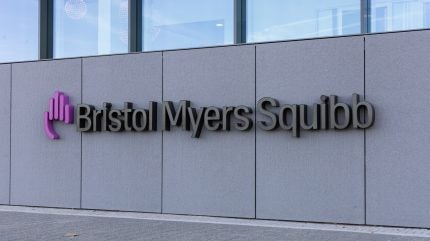
The European Commission (EC) has approved the new subcutaneous (SC) formulation of Bristol Myers Squibb’s (BMS) Opdivo (nivolumab) with a dosage strength of 600 mg/vial, expanding treatment options for various adult solid tumours.
This new formulation, jointly formulated with recombinant human hyaluronidase, is now authorised for use as a standalone therapy, as a maintenance therapy after completion of intravenous (IV) nivolumab plus Yervoy (ipilimumab), or when used in combination with chemotherapy or cabozantinib.

Discover B2B Marketing That Performs
Combine business intelligence and editorial excellence to reach engaged professionals across 36 leading media platforms.
The authorisation applies to all 27 member states of the European Union (EU), as well as Iceland, Norway and Liechtenstein.
The decision was influenced by the Phase III CheckMate -67T trial outcomes. Data showed comparable safety and pharmacokinetics (PK) between the therapy’s IV and SC formulations.
The safety profile of the SC version of Opdivo was found to be consistent with its IV counterpart.
Bristol Myers Squibb Opdivo global programme lead Dana Walker stated: “The EC’s decision to approve Opdivo SC ushers in a new era of cancer care in which we can deliver a three-to-five-minute injection of a treatment that has shown consistent efficacy and comparable safety to intravenous Opdivo, which changed the cancer treatment landscape over a decade ago.

US Tariffs are shifting - will you react or anticipate?
Don’t let policy changes catch you off guard. Stay proactive with real-time data and expert analysis.
By GlobalData“BMS is committed to advancing medicines that help improve the patient experience, and with the approval of Opdivo SC in the EU, we are delivering on this goal.”
The approval follows the US Food and Drug Administration’s approval of SC nivolumab and hyaluronidase-nvhy, branded as Opdivo Qvantig, in December 2025.
Opdivo, a programmed death 1 (PD-1) immune checkpoint inhibitor, is part of the company’s immuno-oncology development programme, which includes clinical trials across all phases, including Phase III, in various tumour types.
It received approval in 65 nations and regions, including the EU, China, Japan and the US.
In May 2025, the company announced a significant investment plan, committing $40bn over the next five years to enhance its research and manufacturing capabilities in the US.




